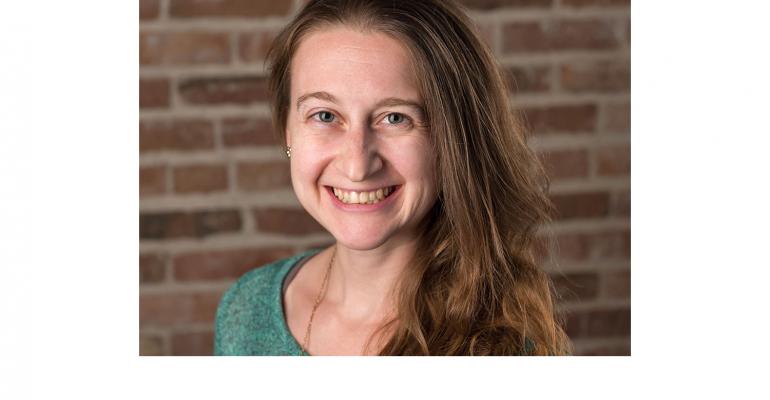Sustainability consultant Julia Spangler sees opportunities and challenges that must be addressed when large meetings and events return.
Single use is not safer.
“One of the areas where we have made the most progress so far is the one that is at most risk when events return: reusing items.
“At the beginning of the shutdown, there were a lot of guidelines saying ‘don't bring your grocery bag’ or ‘don't bring your reusable coffee cup.’ The message was that somehow every reusable item presented a higher risk, but that is not the case.
“At the end of June, more than 130 doctors, scientists, and academics from around the world signed a statement saying that it is clear that reusable systems can be used safely by employing basic hygiene: washing with soap and hot water or running through a dishwasher. There's really no basis for returning to single-use plastics for F&B. It is also safe to keep and reuse supplies and fixtures from your event, including signage, badge holders, and (undated) event banners.
“The longest time for the virus to become inactive that I have seen is seven days; that was in a study in The Lancet, so storing items for your next event is not a risk. We're not throwing out tables and chairs; we're cleaning and reusing, so it's reasonable to clean other things that are also made of the same materials.”
Virtual and hybrid events are an opportunity.
“We're all doing virtual meetings and exploring digital options to communicate and connect without travel, and that is a big piece of reducing greenhouse gas emissions. Hybrid events can cut our carbon footprint, especially if it is a national or international summit where attendees are flying. Reducing the number of people who attend in person can also result in larger attendance overall because it takes down barriers to accessibility as well as including people who have children or travel limitations.”
Make venue sustainability a business advantage.
“I think planners will have a lot more venue choices in the next year and will be in a strong position to leverage that. Ask about how much of a venue’s energy comes from renewables, and what it offers in terms of using LED lighting, recycling, and composting. There might be some competition from venues to hold an event, so sustainable efforts may get some traction if planners put those requests in their RFPs. Venues and vendors may be more amenable to helping prevent food waste or creating a plant-based menu to earn a competitive edge for green-minded meetings.”
Be positive.
“I want people to know it's not productive to feel guilty about all the waste that we are currently generating from gloves, masks, and cleaning supplies. It is necessary now, but don’t feel guilty or paralyzed about that, just focus on all of the other ways that we can be sustainable and keep moving forward.”





